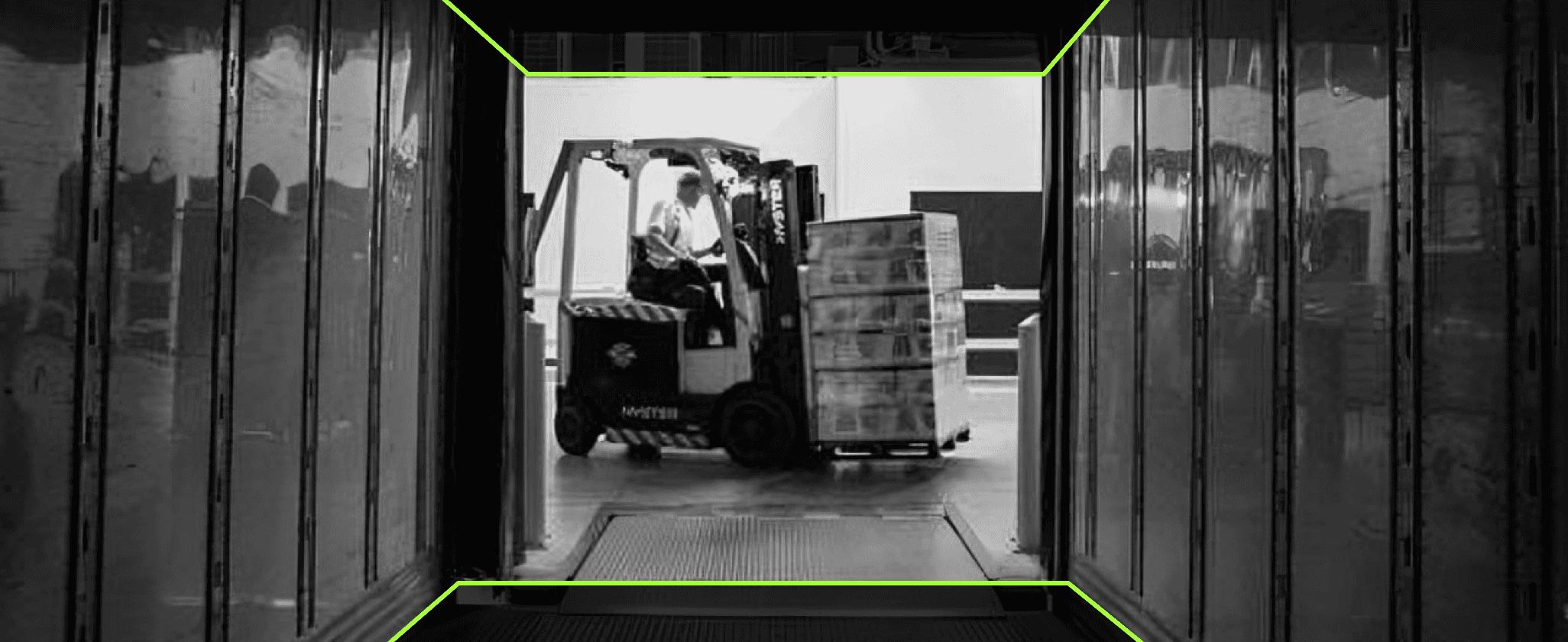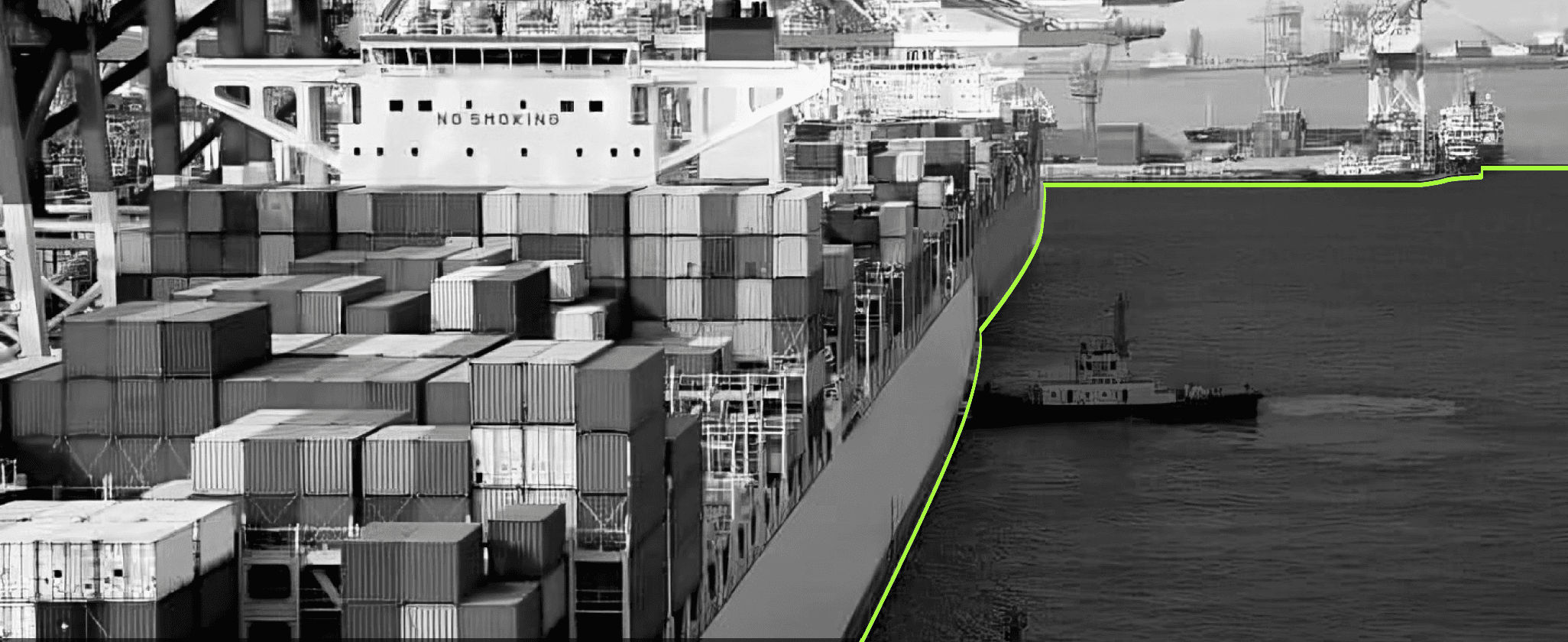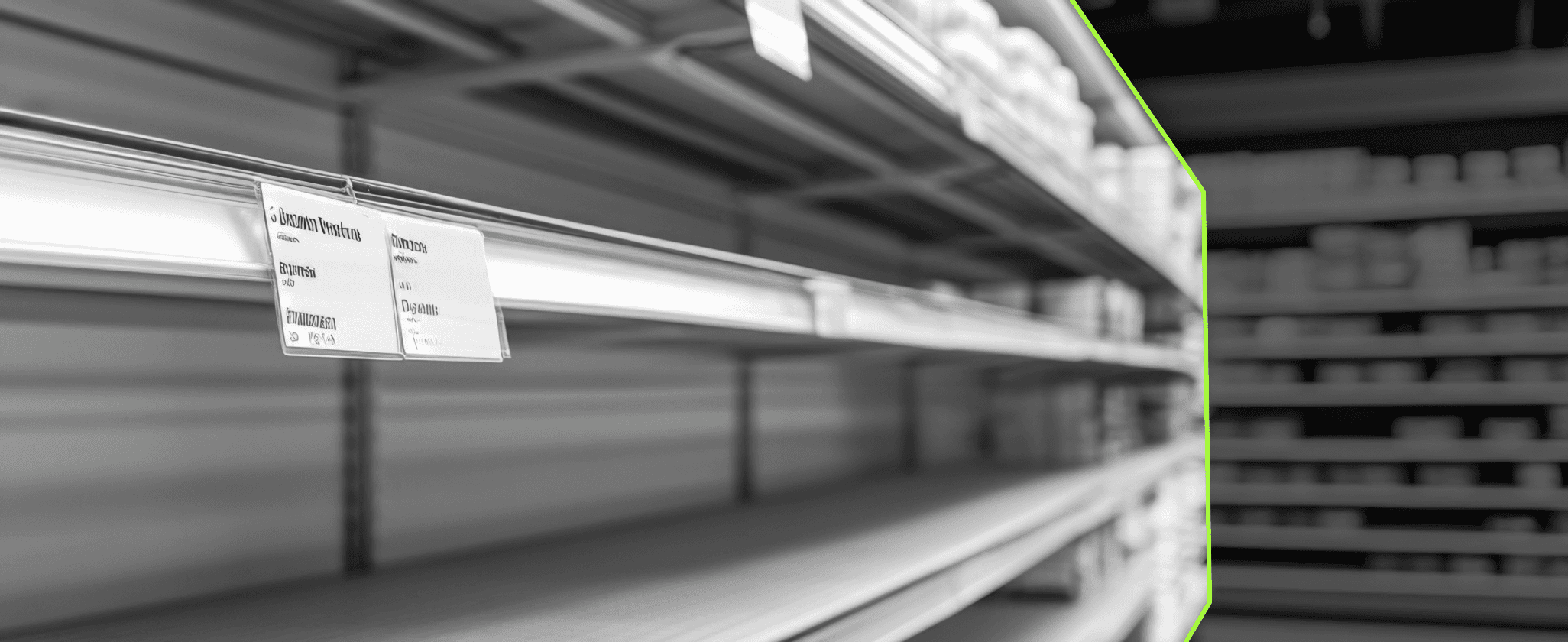3 Ways Tech Is Disrupting The Shipping Industry

By Bek Burkhan
Apr 16, 2024
The Coronavirus disease (COVID-19) virus has affected virtually every industry in the global economy, but its lasting effect on the supply chain sector is unique in its significance. Beginning with the initial supply and demand shocks at the onset of the pandemic, the logistics industry has been forced to battle with cybersecurity concerns, political factors, and most recently, the distribution of the vaccine. However, despite the challenges imposed by the pandemic, there is one lesson learned from all of the logistics chaos: The industry needs tech disruption.
As globalization continues and the U.S. economy becomes more and more complex, there is a dire need for technology adoption across the logistics sector. While the industry has been slow to adopt technology when compared to other sectors, this does not mean tech implementation is far off. On the contrary, the solutions already exist. Now, transforming the industry is a matter of making the right investments and embracing change in three key areas — data automation, smart logistics platforms and autonomous vehicles.
Transparency through data automation
The traditional freight logistics model is broken. This model, known as the third-party logistics (3PL) model, is the source of piles of tedious paperwork and red tape that further delays shipments and creates waste in resources. This is where data automation comes in.
Advances in data collection are helping optimize everything from planning the best routes to scheduling drivers and trucks efficiently and sustainably. Furthermore, with the integration of artificial intelligence (AI) and machine learning, there is more visibility throughout the industry, increasing transparency throughout the shipping process and gathering shareable real-time data that leads to more informed decisions and yields better revenue.
A report from Deloitte Insights finds that 50% of large, integrated players are already digitizing the value chain and looking to new data sources for insights. However, the same cannot be said for small-sized players. As the supply chain continues to become more global and complex, investing in data automation will be an important step for all supply chain decision-makers.
Smart logistics platforms
Data is also helping fuel the push toward smart logistics platforms. Before smart logistics, shippers were – and frankly, still are – heavily reliant on 3PL companies who charge exorbitant broker fees and complicate the process by closing direct lines of communication between shippers and carriers. Smart logistics platforms are combining traffic management structuring and traffic navigation for optimal use of the traffic system and logistics management by effectively using data.
In addition to adding more transparency, shipping is now more flexible. Booking freight no longer has to compete with a company’s bottom-line. By removing the intermediary, businesses are saving themselves from excessive broker fees, all while streamlining the supply chain to better connect shippers and carriers.
The rise of smart logistics platforms is bound to have a drastic effect on the existing power dynamic in the logistics sector as well. These platforms redistribute the power by presenting greater opportunities for the agile small business and independent drivers that fuel our economy. Smart logistics platforms have inherently put an end to the backlog of paperwork and are able to provide better pricing and fees that are much lower than the traditional model of freight logistics. The process is incredibly efficient and sustainable, and a great example of the future of shipping.
Drones and driverless vehicles
The continued exploration of drones and autonomous vehicles is the most obvious example of the potential for tech disruption in shipping. Companies are already deploying drones and autonomous vehicles, and for good reason. Companies want to deliver goods to their customers as fast as possible, and while shipping trucks have long been the preferred method to accomplish this, they cannot keep up with the increasing demand, especially with the surge of online shopping throughout the pandemic. With faster and more tech-driven shipping solutions, like drones, these companies are yielding new levels of productivity and increasing customer satisfaction.
In addition to building brand loyalty with consumers, companies employing these alternative solutions are ultimately reducing rising costs in labor.
Technological advances like these are met with apprehension by some, but are necessary in order to meet the ever-demanding needs of today’s customer. Without tech developments in the sector, we wouldn’t see the positive disruption that has always supported the growth of the shipping and logistics industry, and progress would come to a halt.
More Top News

Stay ahead of the supply chain.
Break free from costly and complex systems. Sign up with HaulerHub now and make shipping a breeze.





